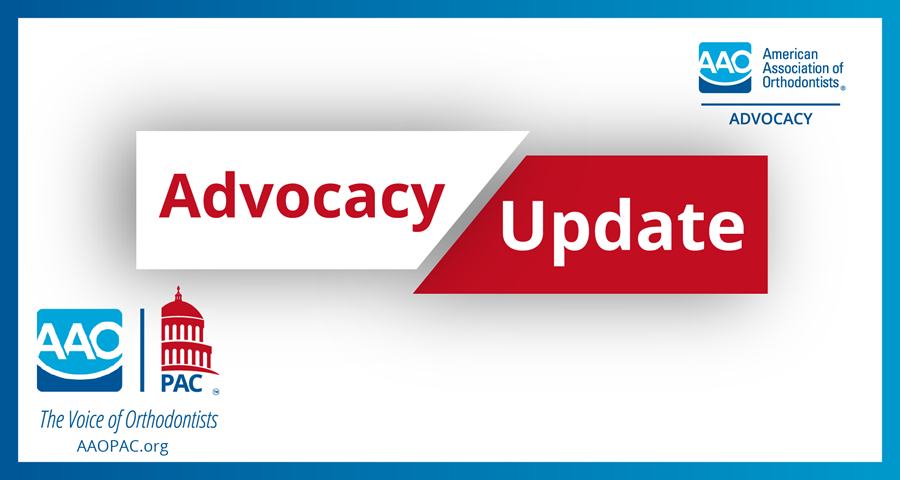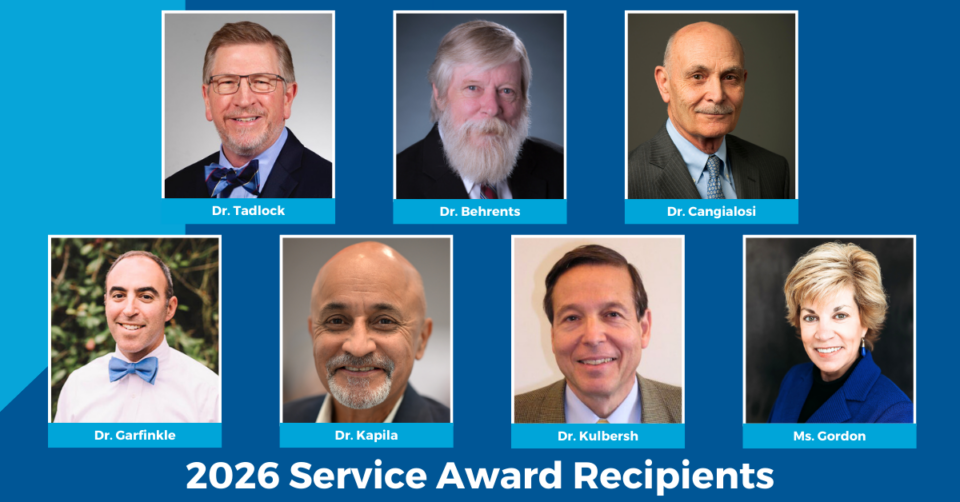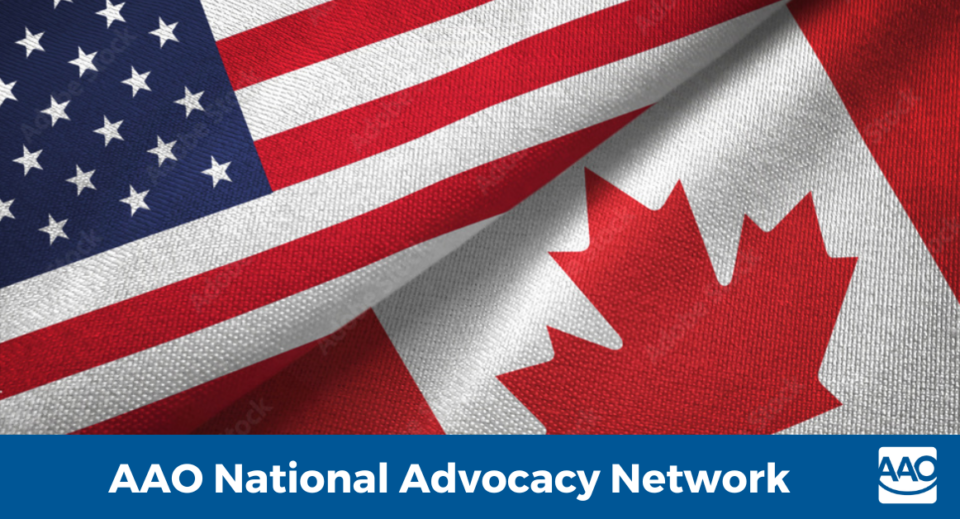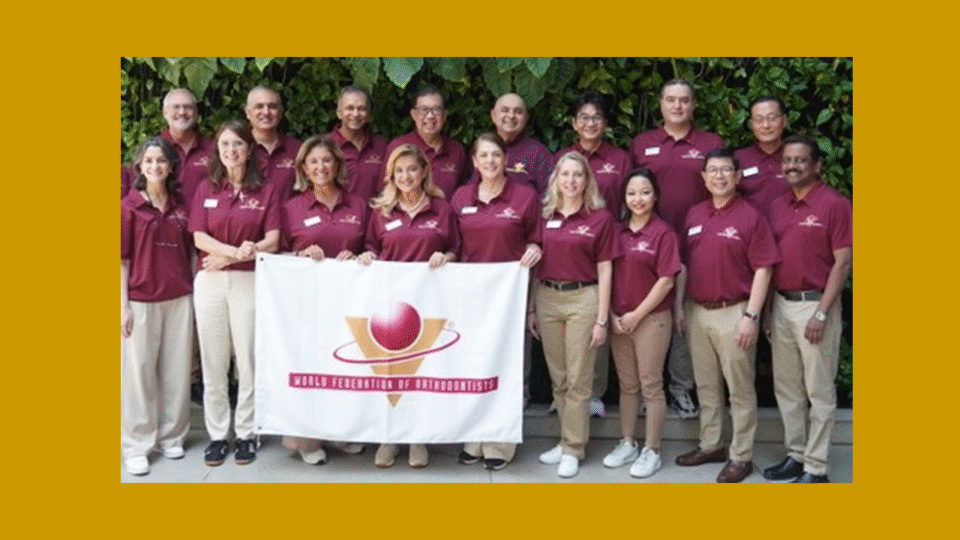The AAO and the Michigan Association of Orthodontists (MAO), in collaboration with the Michigan Dental Association and the Council of Michigan Dental Specialists, continue to advocate for two bipartisan measures. House Bill 4593 (sponsored by Rep. Matt Bierlein, R-Vassar) and House Bill 4594 (sponsored by Rep. Jasper Martus, D-Flushing). Both bills would strengthen Michigan’s specialty advertising laws to protect patients and uphold transparency in dental care.
Protecting Patients Through Advertisement
Limited or absent specialty advertising laws make oral health literacy even more challenging for many Americans, who often struggle to distinguish among different types of dental providers. A 2020 survey found that 73% of respondents believed a dentist advertising as a specialist had completed an accredited residency program, while 70% said they would be less likely to seek care if they learned that provider had not completed advanced training.
Similarly, a 2018 American Medical Association study found that patients are often misled or uncertain about whether healthcare services are being provided by appropriately qualified professionals.
Truth-in-advertising, or specialty advertising laws, safeguard patients by ensuring accuracy in how dental providers represent their education and qualifications. The AAO continues to lead and support laws and regulations that require any dentist advertising as a “specialist” to have completed a CODA-accredited, postdoctoral dental education program of at least two full-time years. CODA, the Council on Dental Accreditation, is the only nationally recognized accrediting body for dentistry and its specialties that is recognized by the U.S. Department of Education.
In 2020, Michigan’s Department of Licensing and Regulatory Affairs (LARA) weakened the state’s specialty advertising rules following a lawsuit settlement. The change removed previous restrictions that prohibited general dentists from advertising themselves as specialists unless officially recognized by the state.
As a result, general practitioners have since been able to market themselves as “specialists” in unrecognized areas without completing accredited specialty training. These regulatory rollbacks have created confusion for patients and undermined the intent of long-standing public protection standards. HB 4593 and HB 4594 would restore Michigan’s stronger enforceable standards for dental specialty advertising to ensure patient health and safety.
AAO/MAO Members Impact Lawmakers’ Understanding of the Issues; Bills Advance
The bills were heard before the Michigan House Health Policy Committee on October 29, where AAO and MAO member Dr. Jashleen Bedi provided powerful testimony on the importance of specialty advertising.
In addition, over 65 AAO/MAO members took grassroots action by contacting committee members to voice support for these bills. Thanks to this strong grassroots engagement, the committee took notice. Several lawmakers acknowledged the volume of messages they received from Michigan orthodontists emphasizing the importance of accurate specialty representation. As a result, the committee voted unanimously to advance both bills, marking a key milestone in the legislative process.
Following the committee’s unanimous vote, HB 4594 advanced to the House floor, while HB 4593 was referred to the House Rules Committee. Because these bills are tie-barred, meaning both must pass to take effect, the AAO and MAO are continuing their coordinated advocacy to ensure both measures advance together, and it is a positive sign that HB4594 has advanced to the House floor.
Legislative Progress and Grassroots Impact
Michigan House Bills 4593 and 4594 would:
- Prohibit dentists who have not been issued a specialty field license from holding themselves out as dental specialists;
- Prevent dentists from promoting services in specialty areas in ways that could mislead the public into believing they have advanced specialty training; and
- Clarify that the use of disclaimers does not serve as a defense for misleading advertising.
As the Michigan legislature approaches its year-end recess, opportunities remain for additional movement before adjournment. Even if the measures do not advance further this calendar year, the AAO and MAO will remain actively engaged when lawmakers reconvene in 2026. The Michigan legislature operates on a full two-year session cycle, allowing these important bills to continue progressing in the months ahead.
Collaboration Across the Advocacy Network
This coordinated effort reflects the ongoing work of the AAO Advocacy team, MAO lobbyist Kevin McKinney, MAO Executive Director Matt Solak, MAO President, Dr. Mamnoon Siddiqui, Council of Michigan Dental Specialties Rep, Dr. Nathan Thomas, and members of the AAO National Advocacy Network including Dr. John Monticello, Michigan Component Advocacy Liaison; Dr. Jashleen Bedi, Michigan AAOPAC Captain; Dr. George Bjork, State Legislative Captain; and other MAO leaders who continue to champion orthodontic advocacy across Michigan.
The AAO remains committed to supporting our Michigan partners and celebrating the power of grassroots advocacy in driving meaningful policy change for orthodontists and the patients they serve.
As the AAO continues advancing our policy priorities in Washington, D.C., and across the states, please consider supporting AAO advocacy efforts by making a contribution in honor of the AAO’s 125th anniversary at AAOPAC.org (It can take less than two minutes using the email address associated with your AAO membership).
Your voice and grassroots engagement make a real difference. Contributions of any amount are appreciated and help ensure the AAO’s continued success in advancing our shared priorities.
Click here to access our AAO one-pager on the importance of specialty advertising laws.
(Coming soon.)



